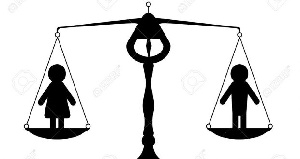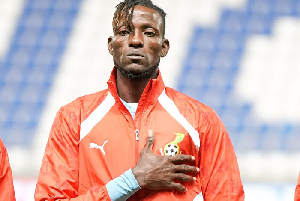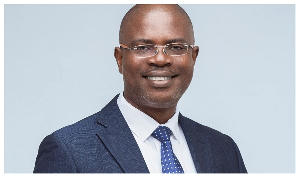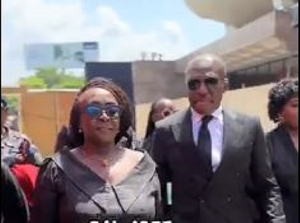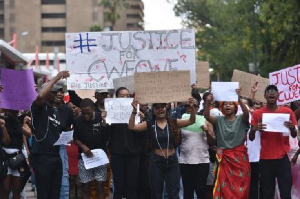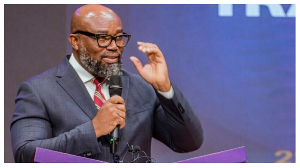A community-based women focused NGO, Hope for Future Generations (HFFG), is pushing for strengthening of laws supporting gender equality in a bid to address the root causes of discrimination curtailing women’s rights.
In a statement issued to mark this year’s International Women’s Day, HFFG said it is uplifting to see Ghanaian women have risen to lead key national institutions like the Judicial Service, the National Commission for Civic Education, as well as the Electoral Commission.
“The Ghanaian woman has the qualities to excel so in line with Goal 5 of the Sustainable Development Goal, let’s ensure women’s full and effective participation and equal opportunities for leadership at all levels of decision-making in political, economic and public life,” it said.
It called for the quick passage of the long awaited Affirmative Action Bill, which it said would go a long way to empower more women and end the systematic discrimination and exclusion of women in the decision-making process.
“This year’s International Women’s Day offers a chance for us as a country to reflect on progress made in ensuring that the fundamental human rights of women and girls are safeguarded at all times.
“It is also a call to action to accelerate gender equality and challenges us as a country committed to the Sustainable Development Goals (SDGs) to end gender-based violence, promote economic justice and promote a access to the reproductive health and rights of all women” the statement said.
The NGO is also congratulating Ghanaian women and stakeholders who continue to serve as enablers for women and girls to excel at their respective fields.
International Women’s Day is a global day celebrating the social, economic, cultural and political achievements of women – while also marking a call to action for accelerating gender equality. It is celebrated annually on 8 March.
This year’s event is being celebrated on the theme “I am Generation Equality: Realizing Women’s Rights”.
Hope for Future Generations (HFFG) is a national community based, non-governmental, not-for-profit organization that seeks to improve the health and socio-economic status of women, children and young people through innovative and acceptable participatory strategies.
General News of Sunday, 8 March 2020
Source: 3news.com

